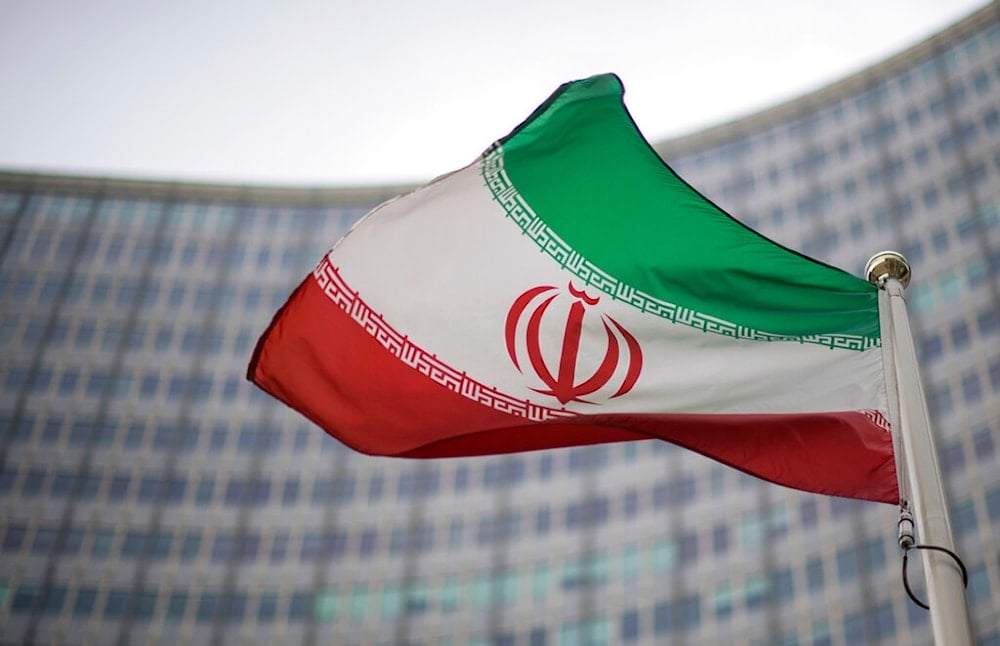Iran, E3 to hold deputy-level nuclear talks in Geneva on August 26
Iran will meet the E3 in Geneva on August 26 amid heightened tensions caused by the E3's threats to invoke snapback sanctions on Iran.
-

The national flag of Iran waves in front of the building of the International Atomic Energy Agency, IAEA, in Vienna, Austria, Friday, Dec. 17, 2021. (AP Photo/Michael Gruber)
The next meeting between the deputy foreign ministers of Iran and the three major European countries, the UK, Germany, and France, is scheduled to take place in the Swiss city of Geneva on August 26, the Tasnim news agency reported Monday, citing an informed source.
The meeting follows a telephone exchange last week between Iranian Foreign Minister Abbas Araghchi, the E3 foreign ministers, and EU foreign policy chief Kaja Kallas. The sides agreed to convene talks at the deputy-ministerial level to address nuclear issues and the illegal sanctions campaign imposed on Iran. Tehran's delegation will be led by Deputy Foreign Minister Majid Takht Ravanchi.
The dialogue takes place against the backdrop of heightened tensions. On June 22, US forces carried out strikes on Iran's nuclear facilities after "Israel" had attacked Iran for days, with Iran executing retaliatiory strikes on "Israel" in return. Tehran responded with precise missile attacks on a US base in Qatar, making clear that the aggression would not go unanswered.
In the immediate aftermath of the Iran-"Israel" ceasefire announcement, Iranian President Masoud Pezeshkian issued a decree suspending cooperation with the International Atomic Energy Agency (IAEA), in protest against the body's politicization under Western pressure.
Yet, Foreign Minister Araghchi affirmed that Iran remains fully committed to its obligations under the Nuclear Non-Proliferation Treaty (NPT) and the IAEA's Safeguards Agreement.
Meanwhile, European threats to trigger the so-called UN "snapback" sanctions mechanism have further exposed the duplicity of the E3. The snapback mechanism, embedded in UN Security Council Resolution 2231, was designed to allow parties to the Iran nuclear program agreement to reimpose sanctions in case of violations.
Tehran, however, maintains that European powers forfeited this right after failing to uphold their own commitments following the US withdrawal from the JCPOA in 2018. On August 14, Araghchi categorically rejected these threats, declaring that “European countries have no right to reimpose sanctions or trigger the snapback mechanism.”
Read more: Europe has no right to invoke snapback mechanism under JCPOA: Azizi

 2 Min Read
2 Min Read










